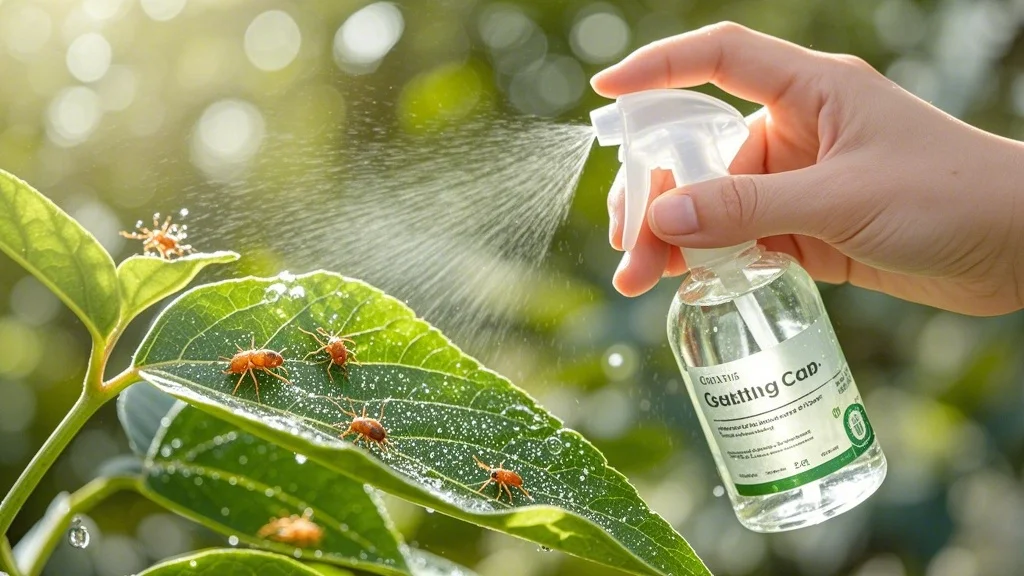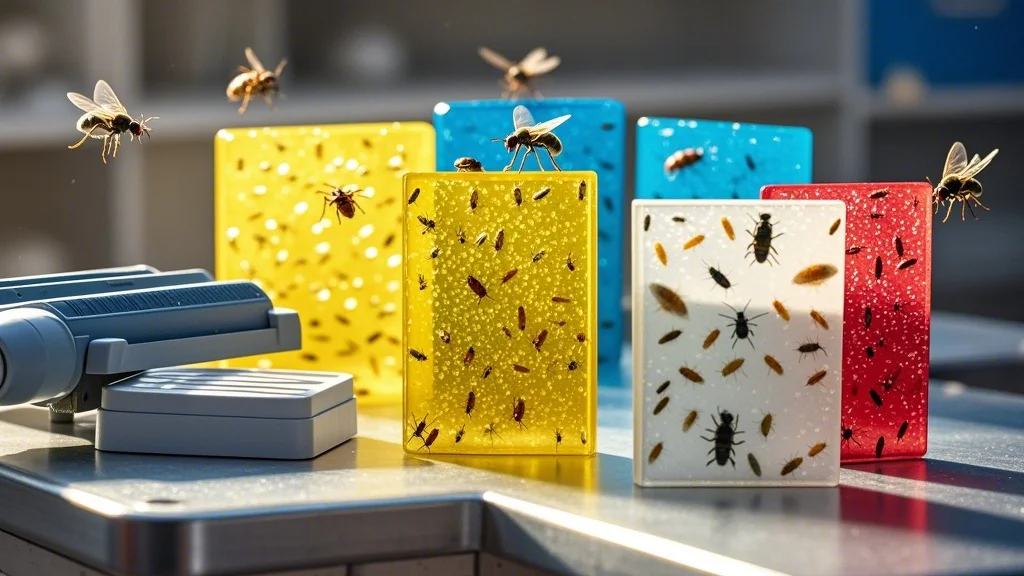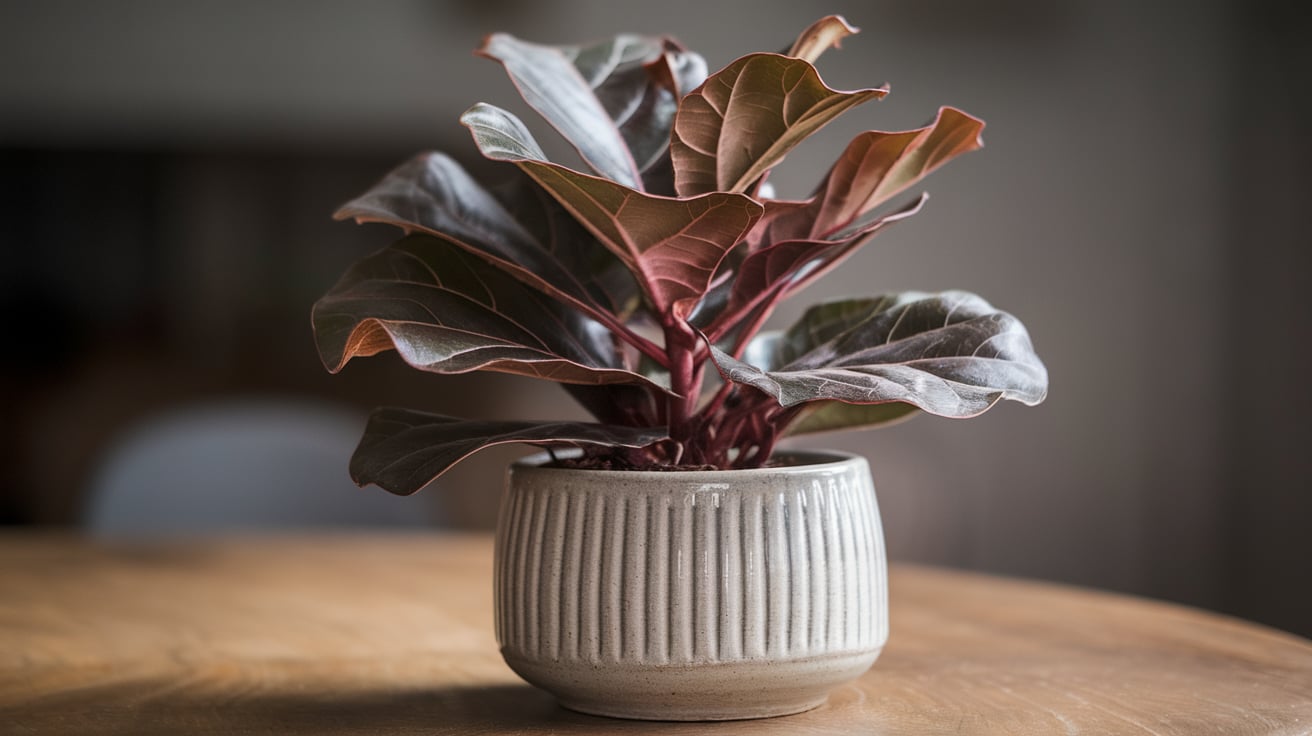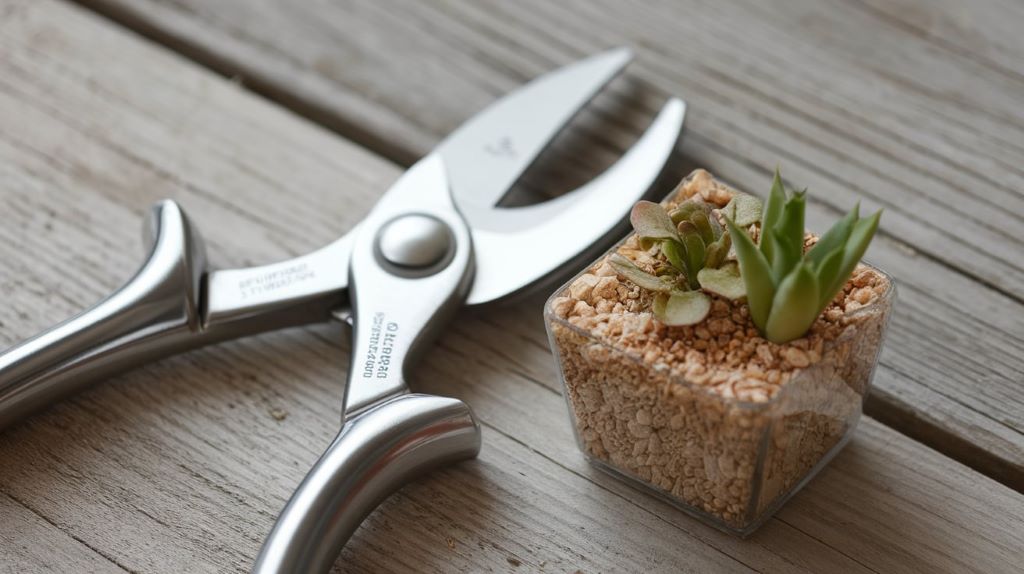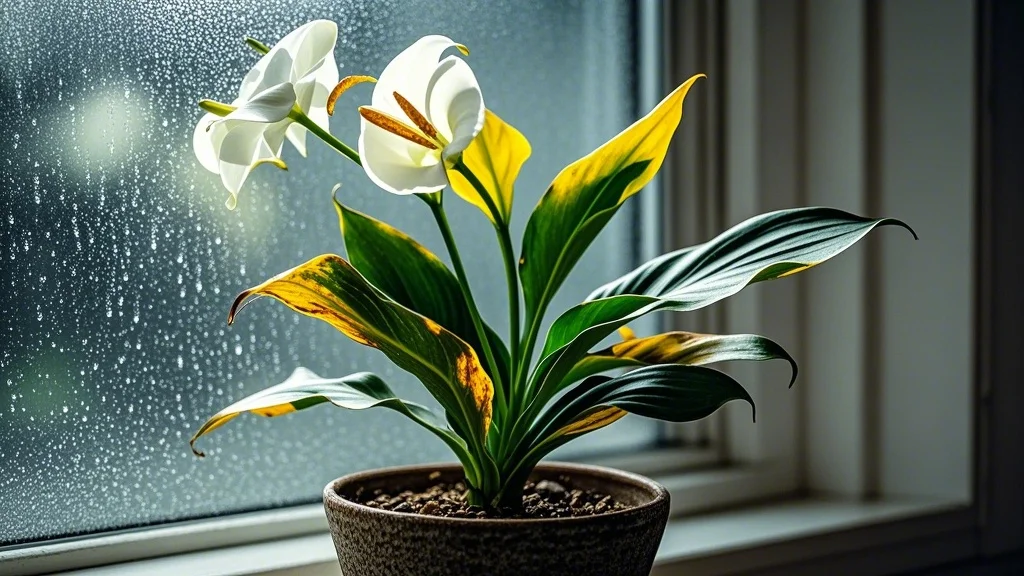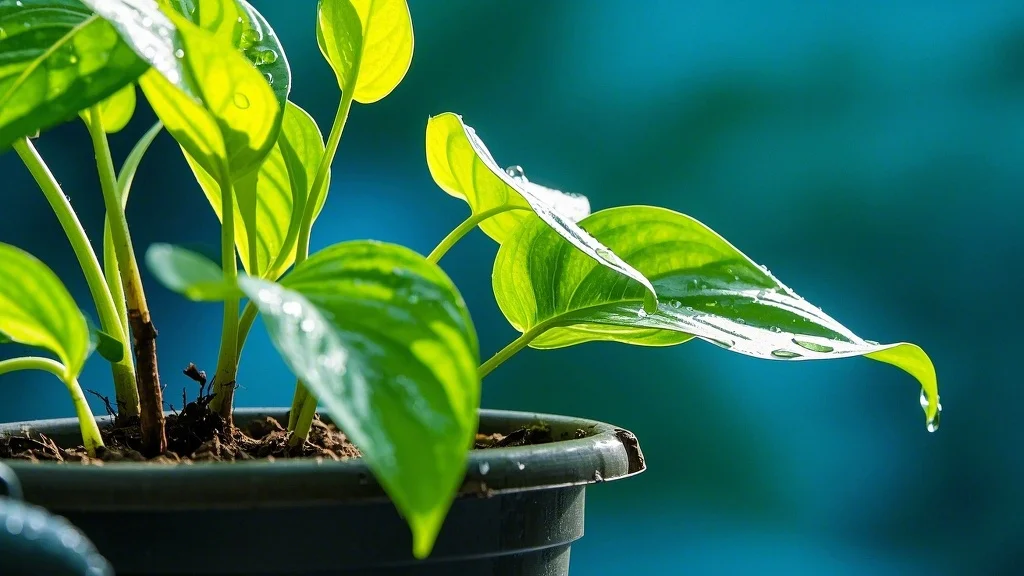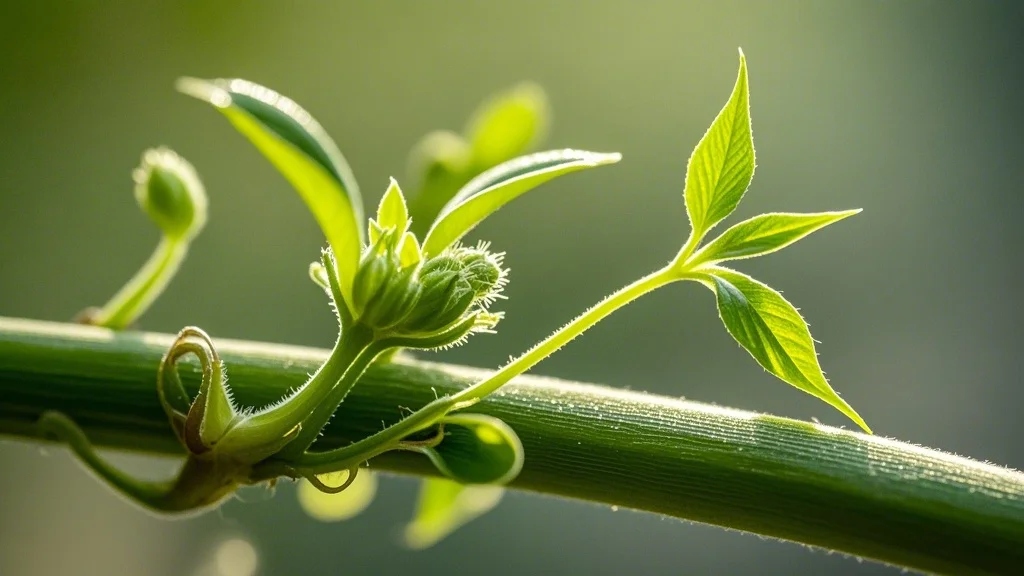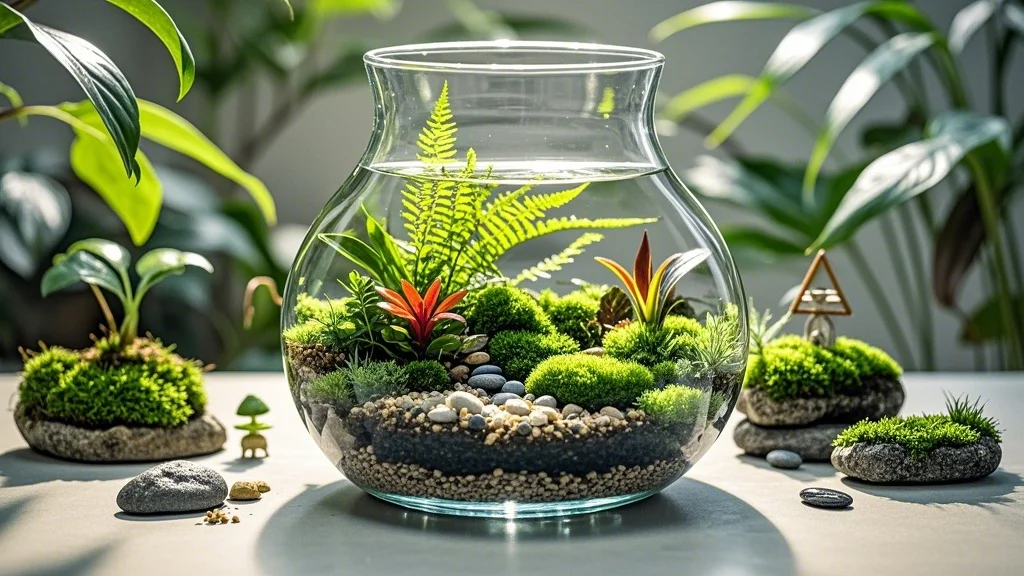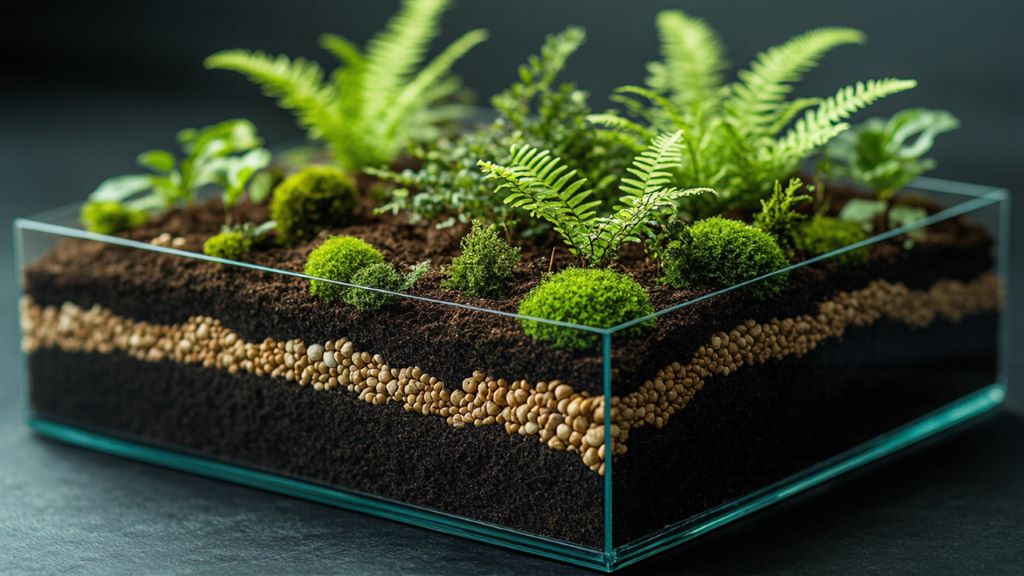For urban gardeners battling persistent pest problems or managing large indoor plant collections, systemic insecticides can be a powerful tool in your plant care arsenal. Unlike topical treatments, these products work from within the plant to provide long-lasting protection against a variety of common houseplant pests. In this comprehensive guide, we’ll explore when and how to use systemic insecticides effectively and safely for your indoor garden.
Contents
- 1 What Are Systemic Insecticides?
- 2 When to Consider Systemic Insecticides
- 3 Common Pests Targeted by Systemic Insecticides
- 4 Top Systemic Insecticide Products for Houseplants
- 5 How to Apply Systemic Insecticides Safely
- 6 Potential Drawbacks and Considerations
- 7 Alternatives to Systemic Insecticides
- 8 Best Practices for Long-Term Pest Management
- 9 Conclusion
What Are Systemic Insecticides?
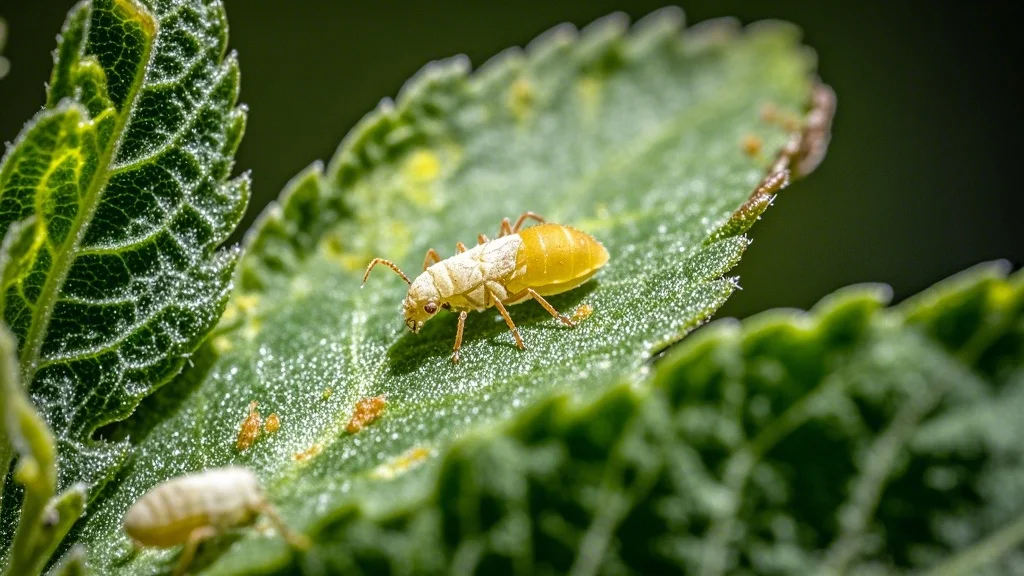
Systemic insecticides are pesticides that are absorbed by plants and distributed throughout their tissues, including leaves, stems, and roots. When insects feed on the treated plant, they ingest the insecticide and are eliminated. This internal protection can last for weeks or even months, making it an attractive option for severe or recurring pest issues.
When to Consider Systemic Insecticides
-
Severe Infestations: When topical treatments have failed to control a pest problem.
-
Large Collections: For efficiently treating multiple plants simultaneously.
-
Preventative Measures: In high-risk environments or for particularly susceptible plants.
-
Hard-to-Reach Pests: For insects that hide in plant crevices or soil.
-
Long-Term Protection: When extended pest control is needed.
Common Pests Targeted by Systemic Insecticides
- Aphids
- Mealybugs
- Scale insects
- Spider mites
- Whiteflies
- Thrips
Top Systemic Insecticide Products for Houseplants
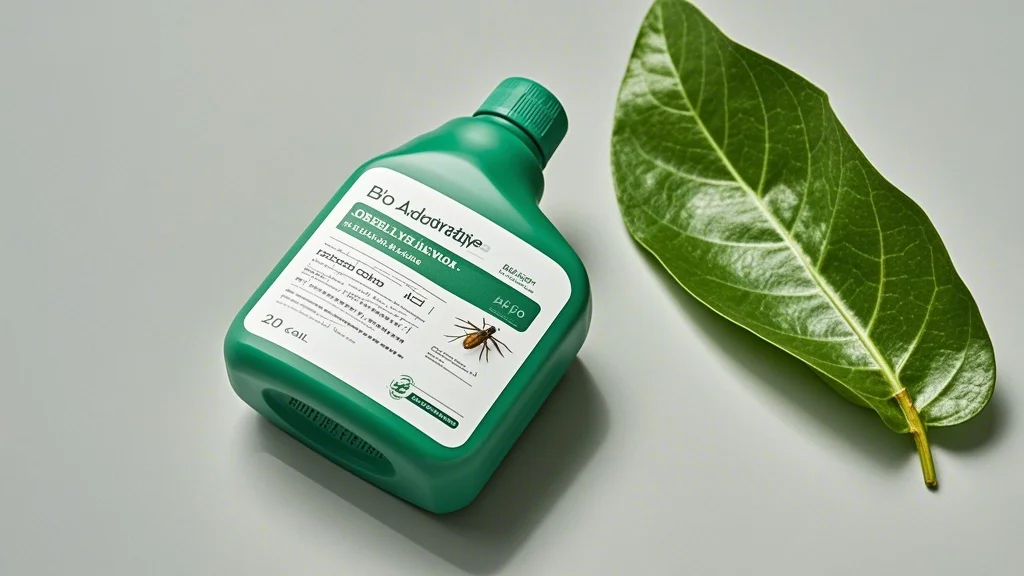
1. Bonide Systemic Houseplant Insect Control
Key Features:
- Active Ingredient: Imidacloprid
- Application Method: Granules mixed into soil
- Duration: Up to 8 weeks of protection
- Best For: General pest control in most houseplants
2. BioAdvanced 3-in-1 Insect, Disease & Mite Control
Key Features:
- Active Ingredients: Imidacloprid, Tau-fluvalinate, Tebuconazole
- Application Method: Ready-to-use spray
- Duration: Up to 30 days of protection
- Best For: Comprehensive protection against insects, mites, and fungal diseases
3. Monterey Garden Insect Spray
Key Features:
- Active Ingredient: Spinosad
- Application Method: Concentrate to be mixed with water
- Duration: Up to 4 weeks of protection
- Best For: Organic gardening enthusiasts
4. Safari 20 SG Systemic Insecticide
Key Features:
- Active Ingredient: Dinotefuran
- Application Method: Water-soluble granules for soil drench or foliar spray
- Duration: Up to 12 weeks of protection
- Best For: Professional-grade control of a wide range of pests
5. Bayer Advanced 12 Month Tree & Shrub Protect & Feed
Key Features:
- Active Ingredient: Imidacloprid
- Application Method: Granules or liquid concentrate
- Duration: Up to 12 months of protection
- Best For: Large indoor trees and shrubs
How to Apply Systemic Insecticides Safely
-
Read the Label: Always follow manufacturer instructions for dosage and application.
-
Wear Protective Gear: Use gloves, long sleeves, and a mask when handling chemicals.
-
Choose the Right Method: Most systemic insecticides are applied as soil drenches or granules mixed into the potting medium.
-
Timing Matters: Apply when plants are actively growing for best absorption.
-
Avoid Overwatering: Ensure proper drainage to prevent chemical runoff.
-
Keep Pets Away: Many systemic insecticides can be harmful to animals if ingested.
-
Store Safely: Keep products in original containers, out of reach of children and pets.
Potential Drawbacks and Considerations
-
Environmental Impact: Systemic insecticides can affect beneficial insects and pollinators if plants are moved outdoors.
-
Resistance Development: Overuse can lead to pest resistance over time.
-
Not for Edibles: Most systemic insecticides are not suitable for use on plants intended for consumption.
-
Delayed Effect: It may take several days or weeks to see results.
-
Cost: Generally more expensive than topical treatments.
Alternatives to Systemic Insecticides
For those hesitant to use chemical treatments, consider these alternatives:
-
Neem Oil: Natural, multi-purpose pest control.
-
Insecticidal Soaps: Effective against soft-bodied insects.
-
Horticultural Oils: Smothers pests on contact.
-
Beneficial Insects: Introduce natural predators like ladybugs or predatory mites.
-
Diatomaceous Earth: Physical barrier that dehydrates insects.
Best Practices for Long-Term Pest Management
-
Regular Inspection: Check plants weekly for early signs of infestation.
-
Quarantine New Plants: Isolate new additions for at least two weeks.
-
Maintain Plant Health: Strong plants are more resistant to pests.
-
Proper Watering: Avoid overwatering, which can attract pests.
-
Clean Growing Environment: Regularly dust leaves and keep surrounding areas tidy.
-
Rotate Treatments: Alternate between different control methods to prevent resistance.
Conclusion
Systemic insecticides offer a powerful solution for urban gardeners facing severe pest problems or managing large indoor plant collections. While they provide long-lasting, internal protection against a variety of common houseplant pests, it’s crucial to use them judiciously and safely. By understanding when and how to apply these products effectively, you can maintain a thriving indoor garden while minimizing pest-related stress and damage.
Remember, systemic insecticides should be part of a comprehensive pest management strategy that includes prevention, early detection, and a variety of treatment options. Always prioritize plant health and environmental safety in your urban gardening practices. With the right approach, you can enjoy a lush, pest-free indoor oasis in the heart of the city.

